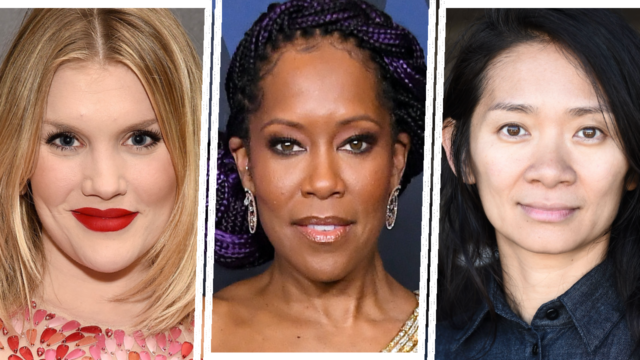When the release of Marvel’s “Black Panther” hit theaters in 2018 it was astronomical. The box office smash grossed in at 1.344 billion, winning three Academy Awards, ten NAACP Image Awards, two Screen Actors Guild Awards amongst endless others yet only receiving three Golden Globe nominations.
Its melting pot of creators and all-black A-lister’s cast made this spectacular film historical embedding an international mark, believing to have broken barriers within the entertainment industry and finally bring forth prominent recognition to Afro-Latino film and television, though seemingly short lived.
Recently reported by the Los Angeles Times, the Hollywood Foreign Press Association lacks diversity within its board of 87 members, an organization consisting of journalists and photographers who report the activities of national together with international media along with being the decision makers of the Golden Globes.
Oscar and Golden Globe nominee director Ava DuVernay along with Academy Award winning actress/director Regina King took to Twitter with their sentiments on the topic “People are acting like this isn’t already widely known? For YEARS?” stated DuVernay while King chimed in with a meme of affirmation.
Between 1919-1948, the first Black filmmaker Oscar Micheaux battled through the Jim crow era creating films for and by Black people. His work led him to be inducted into the Black filmmakers Hall of Fame and awarded by the Directors Guild of America after passing in 1951.

Latinos endured similar strife being placed in silent films concealing their accents and language barriers while playing roles of various other ethnicities. It wasn’t until Puerto Rican iconic actress Rita Moreno broke the mole in 1961 playing the zesty “Anita” in the timeless film version of musical “West Side Story” that ended the monotony.
They paved the way for future successors like William Greaves, an Indie filmmaker who shed light to social issues and Black figures in the 1960’s, Gordon Parks (Director of Shaft), Alfonso Cuaron (Director of Gravity) Alejandro Gonzalez Inarritu (Director or 21 Grams), Melvin Van Pepples, Guillermo del Toro (Actor, Producer, Writer), Jessy Terrero (Dominican film, music video Director), Spike Lee and the late John Singleton that continue to revive these cultural legacies.
However, there is no secrecy that the world of “bright lights” has been designed to favor White society and its culture. Its habitual code of conduct standards have been common practice for centuries even in present day. Though inexcusable, the problem does not just exist within the entertainment industry, this systemic plague has dominated media and publication entities all the same.
Sports and entertainment businesses of color are not considered reputable for their body of work nor granted equal opportunities unless they are tied to prominent media publications and the uncomfortably of it not being sufficiently challenged without any repercussions has gone far too long.
The premise of it all? Diversity should be common practice not just in the entertainment industry but with every enterprise. An individual should be given equal opportunity to be recognized for their body of work and achievements, not shunned on the account of unbroken sequence.






